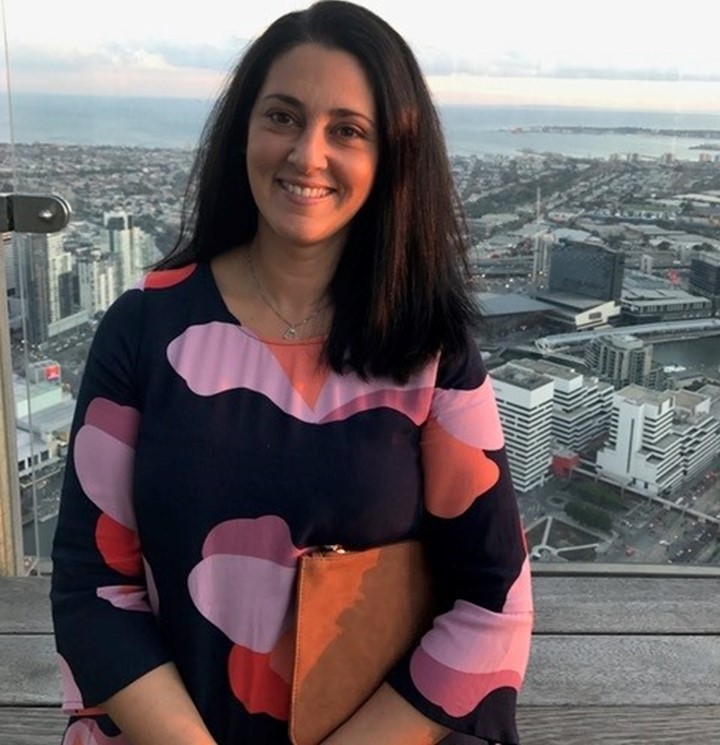From Diagnosis to Advocacy: Tahli’s Journey with life-changing CAR T-cell Therapy

Tahli’s life took an unexpected turn in the autumn of 2020. A busy mother of two and a talented baker, she found herself facing a daunting diagnosis: stage 4 lymphoma. As she navigated her journey from diagnosis to treatment and ultimately remission, Tahli’s story became one of hope and advocacy for groundbreaking medical treatments like Chimeric Antigen Receptor (CAR) T-cell therapy.
It all began with seemingly innocuous symptoms; a rash on her stomach and back, followed by a persistent dry cough. In the midst of a pandemic, Tahli’s concerns were initially dismissed, labelled as potential signs of COVID-19. However, her intuition told her otherwise, leading her to push for further investigation. After being misdiagnosed with pneumonia, finally, a diagnosis was made: Lymphoma, a large cancerous growth in her chest and other areas of her body.
The journey through chemotherapy was arduous. Six rounds of intense treatment left Tahli physically drained, her hopes buoyed by initial signs of progress, only to be dashed by the resurgence of the cancer after the fourth round. Tahli then underwent two additional cycles of different chemotherapy, but her hopes were quashed once again as the tumour grew larger.
It was then that her medical team recommended CAR T-cell therapy, a revolutionary treatment that had shown remarkable success in the past.
CAR T-cell therapy involves extracting a patient’s own immune cells, genetically modifying them to better target cancer cells, and then reintroducing them into the body. For Tahli, this treatment proved to be nothing short of miraculous. Within 30 days of undergoing CAR T-cell therapy, she went into remission.
Reflecting on her experience, Tahli emphasised not only the efficacy of CAR T-cell therapy but also its comparatively milder side effects. While chemotherapy had left her feeling drained and unwell, the side effects of CAR T-cell therapy were more manageable, allowing her to maintain a higher quality of life throughout her treatment.
But Tahli’s story doesn’t end with her own remission. It extends to her advocacy for broader access to CAR T-cell therapy. Recognising the life-saving potential of this treatment, Tahli urges politicians and policymakers to prioritise funding for CAR T-cell therapy for patients with blood cancers.
“CAR T-cell therapy is a revolutionary treatment that doesn’t just target cancer, but rewrites the story of patients’ lives, turning pages of despair into chapters of hope, resilience and triumphant survival. If medicine could manufacture miracles, it did so with CAR-T. This therapy was my gift and my only hope of remission.”
Indeed, the success stories of patients like Tahli demonstrate the positive impact of CAR T-cell therapy on blood cancer patients. Yet, despite its efficacy, many patients still face barriers to accessing this cutting-edge treatment.
Tahli’s hope is one of equitable access to this groundbreaking therapy for all who need it. She envisions a future where this revolutionary treatment is not only approved for all blood cancers but also offered as a second-line treatment option, ensuring that every patient has the chance to benefit from its life-saving potential.
She remains steadfast in her commitment to advocating for change and she hopes this will inspire others facing similar journeys.
Published May 2024
